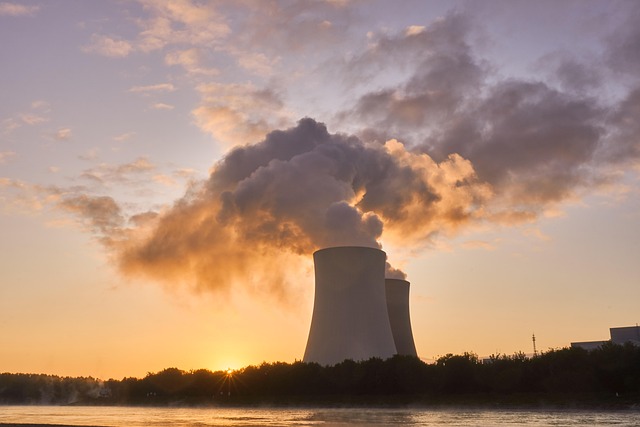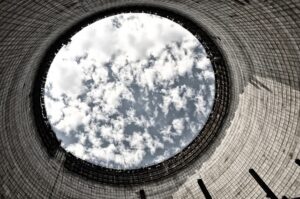Selecting water heater tank capacity based on household size and hot water usage ensures reliable storage. Tank material, type (gas/electric), insulation, and heating elements impact efficiency. Modern technologies offer smart controls, optimized tanks, and reduced energy consumption. Regular maintenance, including flushing and part replacement, extends tank lifespan.
Efficient water heater tanks are essential for reliable hot water storage, ensuring your home stays comfortable and well-supplied. This guide delves into the critical aspects of understanding water heater tank capacity, exploring factors that impact efficiency, and highlighting modern technologies designed for optimal performance. Additionally, we provide essential maintenance tips to ensure your water heater tank continues to deliver hot water consistently.
- Understanding Water Heater Tank Capacity
- Factors Influencing Hot Water Storage Efficiency
- Modern Technologies for Reliable Heating
- Maintenance Tips for Optimal Performance
Understanding Water Heater Tank Capacity

Understanding Water Heater Tank Capacity is key to ensuring reliable hot water storage for your home or business. When selecting a water heater tank, one must consider their specific needs in terms of hot water storage. Factors like household size, daily hot water usage, and available space all play a role. For instance, larger families or homes with high hot water demand will require tanks with higher tank capacity to meet those needs consistently.
Residential and commercial properties alike benefit from storage water heaters, offering convenient tank water heating solutions. Whether you prefer gas tank heaters for their quick heat-up times or opt for electric tank heaters for energy efficiency, the right hot water tanks will provide adequate water storage systems to maintain a consistent supply of hot water throughout your premises.
Factors Influencing Hot Water Storage Efficiency

The efficiency of hot water storage in a water heater tank is influenced by several key factors. One of the primary considerations is the tank capacity, which directly impacts how much hot water can be stored and made available. Larger tanks offer extended periods of hot water, especially in households with high demand or multiple occupants. Tank material also plays a crucial role; modern materials like glass-lined steel are preferred for their corrosion resistance and ability to retain heat efficiently.
Additionally, the type of water heater — whether gas tank heaters or electric tank heaters — affects energy efficiency. Electric models generally have higher energy factors, making them more efficient over time. Meanwhile, gas heaters provide faster heating and can be more cost-effective in regions with lower electricity rates. Other considerations include insulation, which reduces heat loss, and advanced heating elements designed to minimize energy wastage. Storage water heaters with these features ensure optimal hot water storage while promoting energy conservation in residential water tanks.
Modern Technologies for Reliable Heating

Modern technologies have significantly transformed the way we heat water, leading to more efficient and reliable water heater tank systems. One notable advancement is the development of storage water heaters, which store hot water in a tank, ensuring a consistent supply on demand. These tanks are designed with advanced heating elements, such as high-efficiency gas or electric coils, that quickly and effectively heat the water, minimizing energy wastage.
The latest innovations also include smart controls and connectivity, allowing users to monitor and manage their hot water storage systems remotely. This not only enhances convenience but also contributes to overall energy efficiency. By optimizing tank capacity and heating cycles, these modern residential water tanks offer a superior alternative to traditional water heaters, providing consistent, on-demand access to hot water while reducing energy consumption.
Maintenance Tips for Optimal Performance

Regular maintenance is key to keeping your water heater tank running efficiently and ensuring reliable hot water storage. One of the most important steps is flushing the tank periodically to remove any sediment buildup at the bottom, which can reduce heating effectiveness and even lead to leaks over time. This process involves shutting off the water supply, draining the tank, and then refilling it with fresh water.
Additionally, inspecting and replacing any worn-out parts, such as the anode rod in gas tank heaters or the temperature and pressure relief valve (TPR) in electric models, is crucial for maintaining optimal performance. Cleaning the heating elements and checking for corrosion inside the tank can also prevent potential issues. By incorporating these maintenance practices into your routine, you’ll not only extend the lifespan of your water heater but also ensure consistent access to hot water for your residential water tanks.
A well-chosen and efficiently maintained water heater tank is essential for ensuring a reliable hot water supply. By understanding your water usage needs, considering energy-saving features, and regularly servicing your heater, you can maximize its performance. Modern technologies offer advanced heating solutions, enhancing convenience and comfort while minimizing energy consumption. With proper care, a high-capacity water heater tank becomes a dependable asset in any household, providing hot water when you need it most.






